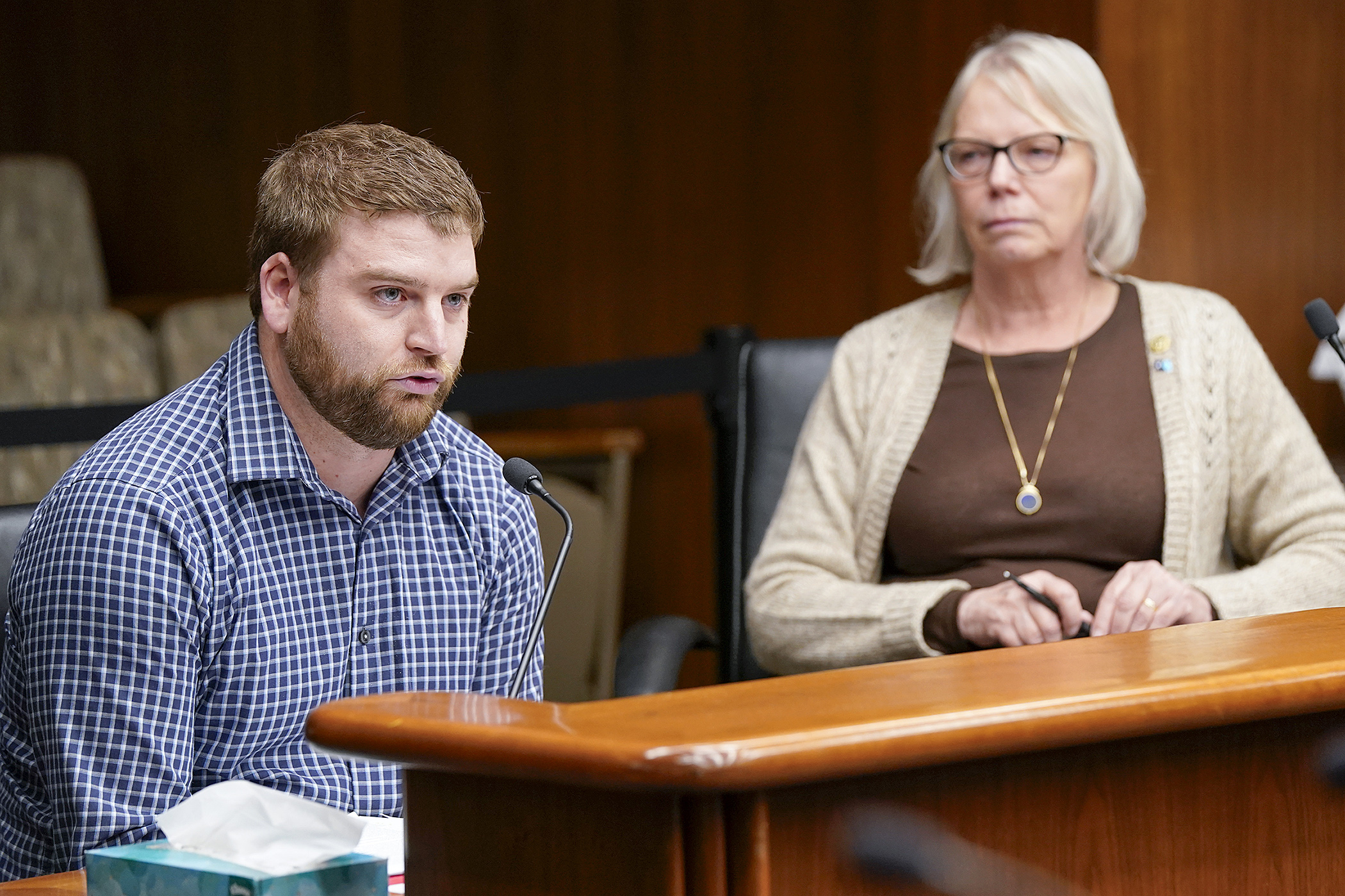Bill seeks to help Minnesota’s elderly live at home longer

A Medicare program designed to help frail elderly individuals stay in their homes could be coming to Minnesota.
HF4839, sponsored by Rep. Liz Reyer (DFL-Eagan), would establish the Program of All-Inclusive Care for the Elderly program. The House Human Services Finance Committee laid the bill over Tuesday for possible inclusion in a larger bill.
Funded by Medicare and Medicaid, PACE offers integrated long-term care to manage the complex medical, functional, and social needs of people at least 55 years old who qualify for nursing home admission and whose income and resources meet minimum income requirements. States are allowed to provide PACE services to Medicaid beneficiaries as a state plan option.
“It’s rough to have the family try to provide that care to get them what they need in the home all the way through the end of their life,” said Eric Nilsen, senior director of health plan operations at Volunteers of America.
The bill states Minnesota must file an amendment with the federal Centers for Medicare and Medicaid Services by Oct. 1, 2024. PACE providers would be identified through a competitive bidding process administered by the Department of Human Services, with programming beginning Jan. 1, 2026.
The cost of program implementation and administration is not yet known, which a few Republicans questioned.
Rep. Duane Quam (R-Byron) said the committee should have received implementation costs borne by other states implementing the program. “It’s a tad bit surprising that we didn’t even hear a ballpark (estimation).”
Rep. Anne Neu Brindley (R-North Branch) likes the program but is “baffled” by the request’s timing. “This has been in the mix for years. It’s been implemented in dozens of other states literally and we actually could have done this last year. We could have stood it up and funded it and been prepared to keep seniors in their homes and cared for.”
Reyer said the bill would allow the Department of Human Services to keep to the timeline laid out in legislation last year that funded a rate structure to fund PACE programming. “I don’t expect a lot of fiscal impact during this time,” she said.
Related Articles
Search Session Daily
Advanced Search OptionsPriority Dailies
Speaker Emerita Melissa Hortman, husband killed in attack
By HPIS Staff House Speaker Emerita Melissa Hortman (DFL-Brooklyn Park) and her husband, Mark, were fatally shot in their home early Saturday morning.
Gov. Tim Walz announced the news dur...
House Speaker Emerita Melissa Hortman (DFL-Brooklyn Park) and her husband, Mark, were fatally shot in their home early Saturday morning.
Gov. Tim Walz announced the news dur...
Lawmakers deliver budget bills to governor's desk in one-day special session
By Mike Cook About that talk of needing all 21 hours left in a legislative day to complete a special session?
House members were more than up to the challenge Monday. Beginning at 10 a.m...
About that talk of needing all 21 hours left in a legislative day to complete a special session?
House members were more than up to the challenge Monday. Beginning at 10 a.m...